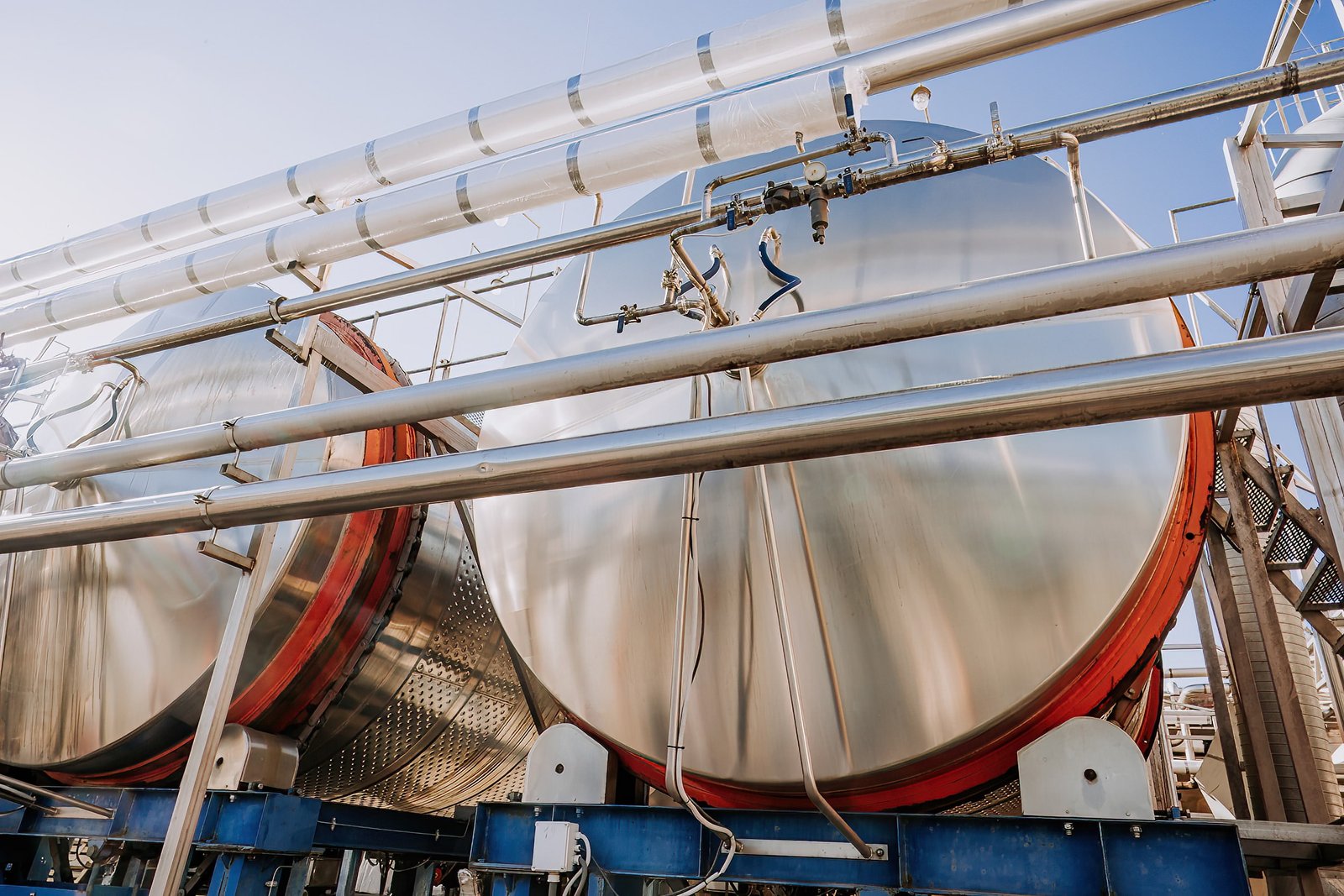Modern boiler systems are subject to more significant pressures, hotter temperatures, and more stringent efficiency requirements than ever before. To tackle these problems, manufacturers are increasingly using smarter materials. The stainless steel coil is one of these standouts. Stainless steel, known for its durability and thermal efficiency, is transforming the way boilers are constructed. In this blog, we’ll look at the primary advantages of employing stainless steel coils in boiler manufacturing and why it’s increasingly becoming a standard across sectors.
Why Coil Material Matters in Boiler Manufacturing
Before we go into the benefits of stainless steel, let’s first examine the role coils perform in a boiler. Coils are vital for heat transfer. These surfaces facilitate the passage of energy from combustion gases to steam or water. Coils must sustain stress without degrading due to their continual exposure to high temperatures, pressure, and moisture.
Carbon steel, for example, was previously widely utilised due to its availability and low cost. Yet, stainless steel coils are quickly taking the lead in the industry due to the current need for high-performance, long-lasting boilers, and with good reason.
1. Exceptional Corrosion Resistance
Corrosion is one of the most destructive forces on any boiler component. Rust and scale buildup from water, steam, and flue gases can erode the coil and result in system failure.
The chromium component of stainless steel coils creates a passive oxide layer that prevents the metal from rusting, giving it exceptional corrosion resistance. This characteristic makes stainless steel perfect for water-tube and fire-tube boiler designs, particularly for companies that handle chemicals, saline water, or acidic condensates.
2. High Temperature and Pressure Tolerance
Boilers are often subjected to significant thermal stress, with rapid temperature variations and tremendous pressure. Materials that cannot withstand heat cycling tend to deform, shatter, or fatigue over time.
Stainless steel coils retain their mechanical strength and structural integrity at high temperatures, making them excellent for demanding boiler applications. Grades such as 304, 316, and 321 stainless steel are frequently utilised in boiler manufacturing due to their improved performance in harsh operating circumstances.
3. Excellent Heat Transfer Efficiency
An efficient boiler system is one that transfers heat as quickly and efficiently as possible. Stainless steel has high thermal conductivity, allowing for efficient heat transfer between combustion gases and the water or steam in the boiler.
When appropriately built, stainless steel coils can enhance overall system efficiency and lower the boiler’s fuel consumption.
4. Resistance to Scaling and Fouling
Another key difficulty in boiler manufacturing is scale formation, which reduces heat transfer, causes pressure buildup, and increases energy consumption. The corrosion resistance and smooth surface of stainless steel reduce the accumulation of minerals and other deposits.
This minimises the need for cleaning and water treatment chemicals while also guaranteeing steady heat transfer.
5. Lightweight Yet Strong
Stainless steel coils are rather lightweight when compared to other heat-resistant metals, despite their incredible strength and durability. This simplifies handling, transit, and installation—particularly for big industrial boiler units.
For manufacturers, this means less manufacturing complexity and cost savings throughout the assembling and welding procedures.
6. Long-Term Cost Savings
Stainless steel may initially cost more than carbon steel or other options, but its extended lifespan and minimal maintenance requirements make it more cost-effective over time.
Boilers manufactured with stainless steel coils frequently require fewer repairs and replacements over their operating life due to fewer breakdowns, reduced corrosion-related concerns, and less scaling.
7. Compliance with Industry Standards
Boilers must adhere to stringent safety, quality, and hygiene regulations in various industries, such as petrochemicals, food and beverage, and pharmaceuticals. Stainless steel is ideal for such situations because it is a non-reactive and easy-to-clean material.
Using stainless steel coils makes it easier for boiler makers to meet ISO, ASME, and other regulatory standards, particularly when servicing sensitive or highly regulated areas.
8. Versatility in Design and Application
Stainless steel is available in various grades, finishes, and coil thicknesses, making it highly adaptable to multiple boiler designs. Whether you’re designing modest home units or enormous industrial systems, stainless steel can be modified to meet precise performance and space needs.
Its ease of welding, bending, and forming allows manufacturers to create complex coil configurations precisely.
Applications of Stainless Steel Coils in Boiler Manufacturing
The application of stainless steel coils is not restricted to a single type of boiler. Here’s where you’ll typically find them:
- Fire-tube Boilers: In smaller units, corrosion resistance is essential.
- Water-tube Boilers: In power generation systems that use high-pressure steam.
- Heat Recovery Steam Generators (HRSGs): Where exhaust gas is repurposed to produce steam.
- Condensing Boilers: Where acid condensation requires the use of stainless steel.
- Process Boilers: In sectors such as petrochemicals, pharmaceuticals, and food manufacturing.
Conclusion
At the end of the day, what distinguishes a great boiler is more than just heat or steam—it is about trust. Trust that it will perform well, resist wear, and withstand harsh situations. That is the level of confidence that stainless steel coils provide in boiler manufacturing. At RIBO, it’s not just about material selection—it’s about engineering dependable boilers that stand the test of time.
From energy savings to compliance and lifespan, stainless steel stands out not only for its strength but also for the dependability it adds to every boiler system it is a part of. Whether you’re building for industrial-scale or specialised systems, stainless steel can help you create a boiler that performs better and lasts longer.

